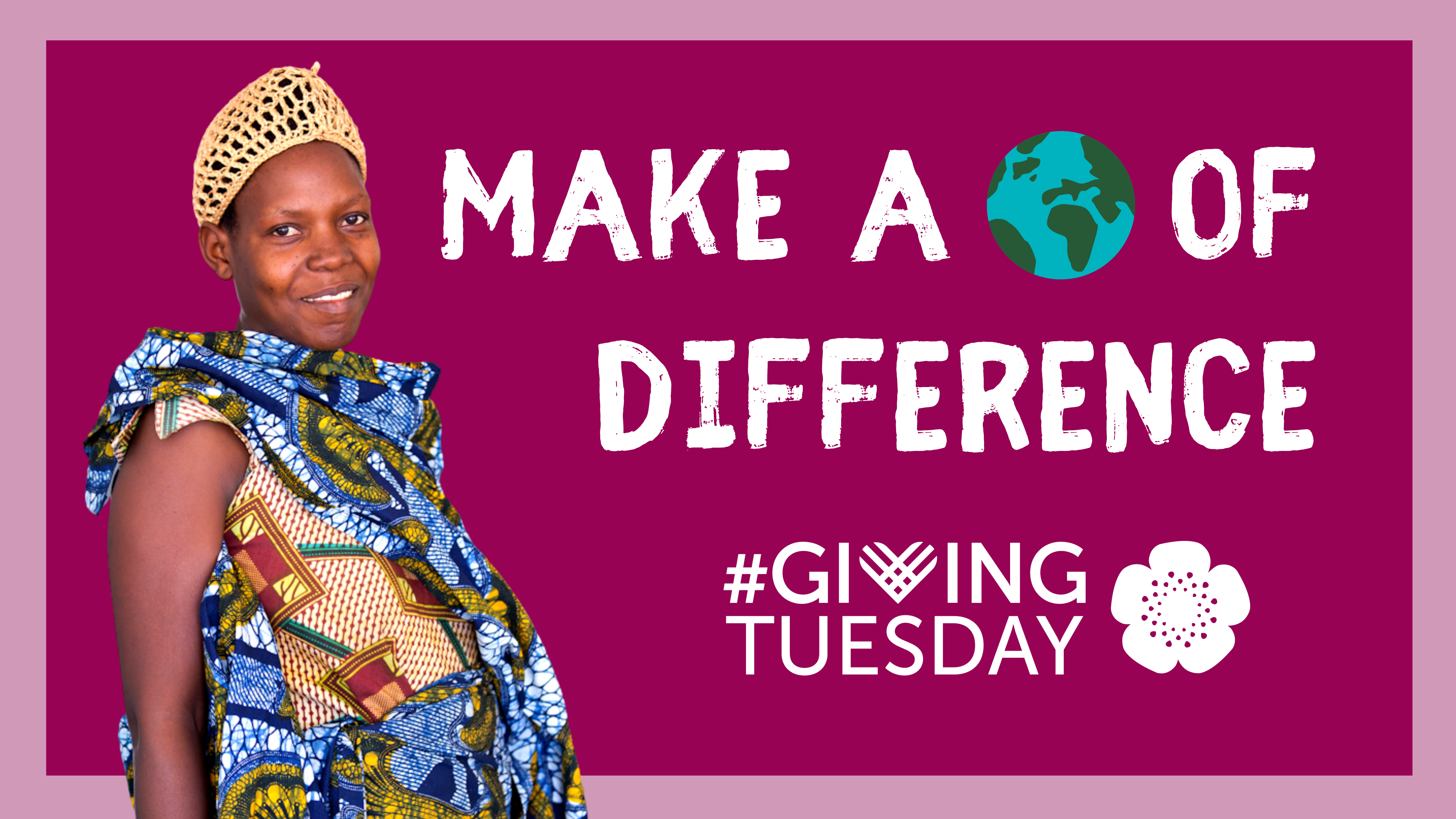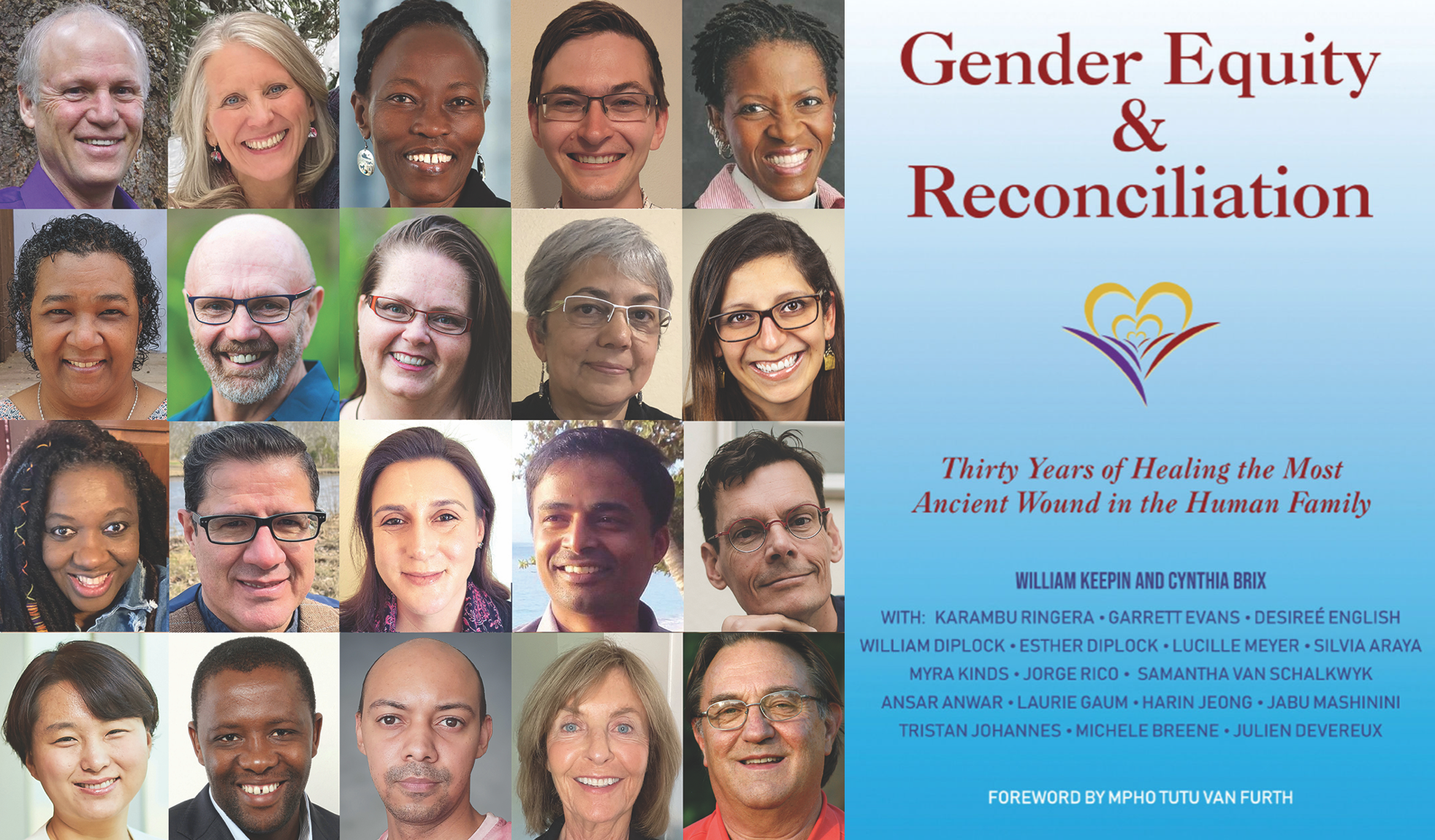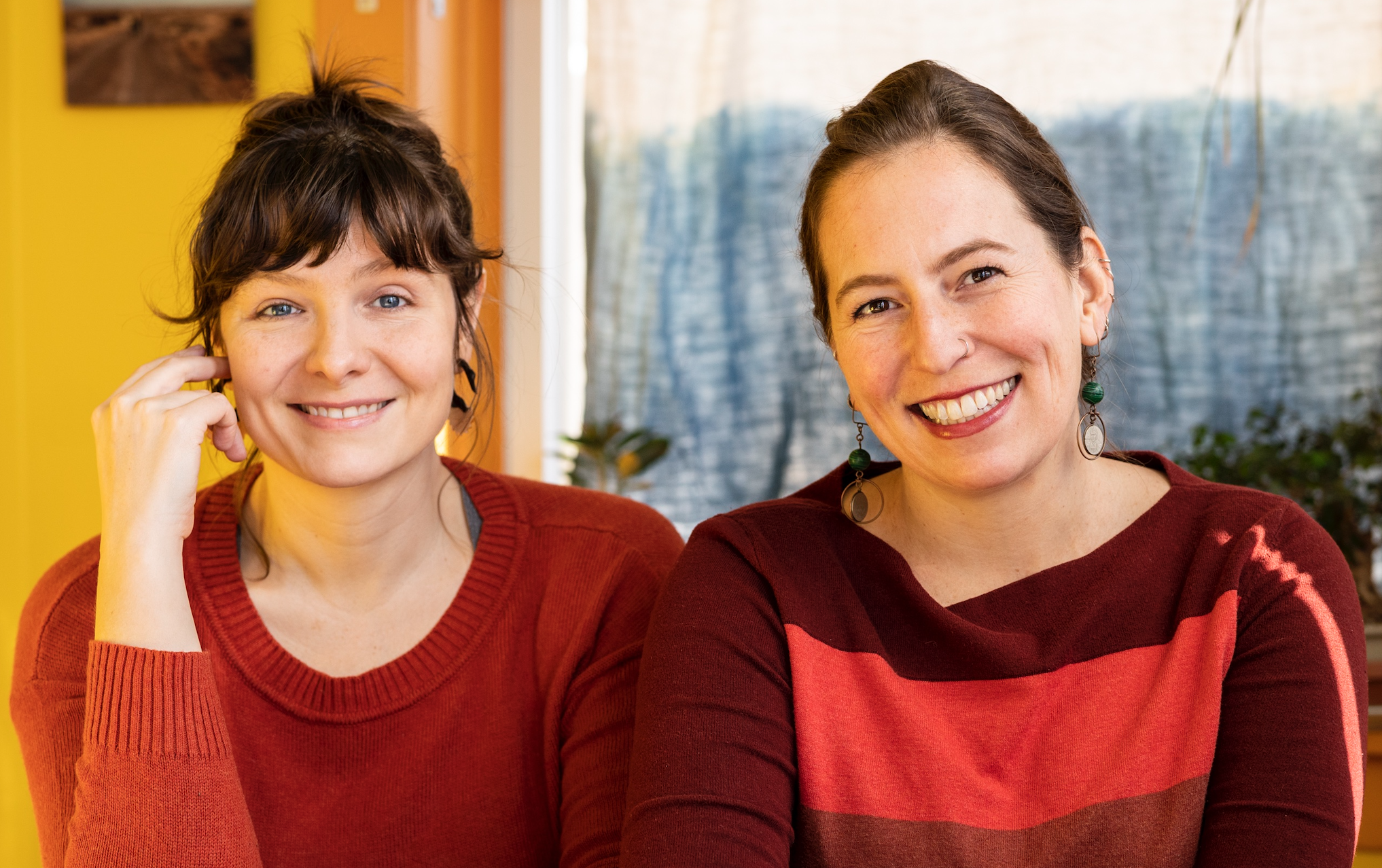
From the author and filmmaker of ‘The UnSlut Project’ (written under the pen name Emily Lindin), Meghan Joyce Tozer’s debut adult novel, ‘Night, Forgotten’, is ‘The Lovely Bones’ meets ‘The
Push’: a deeply intense psychological thriller about a young woman who must cope with the aftermath of a sexual assault.
When Julie’s idyllic, happy life is upended by a sexual assault that results in a pregnancy, she can’t cope with anything–not the baby, not her mother-in-law’s constant presence in her home, not even her husband’s concern. Her marriage is forever changed. Her life is unrecognizable. Her only option is to put the broken pieces of that awful night together and finally come to terms with what happened to her . . . and why.
In a press release, Meghan speaks out about the United States Supreme Court decision to overturn Roe. v. Wade in 2022, and how she drew on her own experience with abortion when writing her main character’s story arc.
“The protagonist in my novel faces an unwanted pregnancy, like I did as a graduate student in 2010. I chose to have an abortion, which I consider to be one of the best decisions of my life, but at the time, I kept it a secret. I assumed I’d always have the right to make similar decisions about my body, its contents, and the make-up of my family. Now, my daughter faces a dark future in which the government could force her to give birth against her will. With so much at stake, it’s crucial for those of us with privilege to share our abortion experiences, especially with the anti-choice people who love us and within our supportive communities.”
Below is an excerpt from Chapter 1 of ‘Night, Forgotten’.
Chapter 1
I watch my body giving birth from the outside. The obstetrician’s hands reach into the cavern of my torso, which is pinned open like a science project.
My husband Owen sits on a low stool next to my head. He stares at my closed eyelids. With his wavy blond hair trapped beneath a creased hospital cap and sweat soaking into the neckline of his hastily donned scrubs, Owen looks like a character in a soap opera. Paler, though. In fact, he’s much paler than usual. His jaw is visibly tense.
I want to hold his face in my hands and thank him for still being awake beside me, after everything that’s happened. But my hands won’t move.
A blue curtain hangs perpendicular to the horror show of my open abdomen. It’s meant to shield Owen’s eyes, mercifully, from this new angle of my senseless body in case he looks away from my face. He doesn’t.
From above, though, I see everything. I try to scream. Wake me up! Put my body back together!
They must have given me the good drugs because despite my efforts, nothing happens. No one in the room reacts to me.
In addition to Owen on the stool and the surgeon, whom I don’t recognize, four or five youngish people in scrubs—medical students, probably—gather in the corner near the door. One of them keeps twisting his shoulders away from the operating table in brief, nauseated jerks. Several assistants deliver tools or directions, type at computers on rolling desks, and yank ream after ream of paper from humming monitors. Two nurses with pinched foreheads flank the doctor, who cups the baby above my open body. The baby is purple. Silent.
A hush falls over the operating room and smothers the passage of time. Everyone pools their breath for the sake of the new life among us, collectively inhaling and holding… holding… until we can be sure the baby has gotten the air it needs.
Finally, a whine escapes from its impossibly tiny body. The doctor hands the baby—a slimy, fledgling person—to one of the waiting nurses to be cleaned, measured, incubated. Owen’s head snaps up. His gaze darts from my face to that of my son.
As Owen watches the baby and I watch him, I recognize the emotion in his eyes. Anger.
#
By the time I come back into my body, the anger has retreated from Owen’s face. He wilts now, hunched forward over his knees with his chin in his hands. The scrubs are gone; he’s in the same faded Guster T-shirt and jeans he was wearing when we left the house. The fluorescent glare of a single, rectangular light among a grid of Styrofoam ceiling tiles darkens the lines around his frown. It feels like we’ve been in the hospital for more than a lifetime.
We’re seated across from each other on sanitized upholstery in a poorly ventilated, aggressively beige hospital waiting room. I assume we’re next in line to be discharged. I wish they’d hurry the process along; now that I’m no longer pregnant, I’m anxious to be back home with Owen and our sweet mutt, Daisy. And the baby.
The waiting room’s only other occupant, a young woman in a pink, fluid-stained sweatsuit, sleeps upright on the plastic bench against the opposite wall. From the angular slant of her legs, I can tell someone else has propped her there. Her wheelchair, wedged behind the door to the hallway, will be inaccessible when she wakes up. Whoever pushed it out of the way might have intended to be helpful, but they’ve effectively stranded her.
If I can kick over so that it’s within her arm’s reach, she won’t panic when she wakes up. She won’t have to call someone for help. Numb from the persistent effect of post-surgical painkillers, I lunge forward. Making it over to the wheelchair feels like wading through viscous, sucking mud, but I manage to nudge it. Close enough.
The wheelchair groans as it rolls, and Owen flinches.
We haven’t had a moment alone to collect ourselves since we rushed to Dr. Syed’s office earlier today. On the drive over, Owen predicted that Dr. Syed might prescribe bed rest for the third trimester. I’d half listened, convinced the fetus was dying inside of me. Neither of us expected to become parents today.
“Hey,” I whisper.
At the same time, a door swings open on the other side of the waiting room and an unfamiliar nurse appears. The young woman in the pink sweatsuit stirs. She blinks, locates her wheelchair, and looks up at the nurse with raised eyebrows.
“Porter?” the nurse calls.
Owen jumps to his feet and drags his hands down his face, as if to wipe off the exhaustion. The sign above the door says NICU. We haven’t been waiting to be discharged from the hospital at all. We’ve been waiting outside the St. Elizabeth’s neonatal intensive care unit to meet the baby.
The nurse leads us into an antechamber with a sink, where she provides us with surgical masks and instructs us to wash our hands. Then she pushes open another door into a large, dimly lit space that bustles with controlled urgency.
“Come with me,” she says, and we follow her to a bassinet in the far corner. To reach it, we must weave among a dozen swaddled bodies on elevated tables, attached to IV stands. Their grunts and gasps are barely audible over the whirring and humming of life-giving machines. Another couple huddles over a bassinet against the window. They alternate between sniffling into wadded tissues and speaking in hushed voices to the oblivious, unconscious creature below them.
We stop in front of the bassinet over which someone has scrawled on a whiteboard,
“Thomas Porter.” He must be one of the smallest babies in here. I was only twenty-seven weeks and three days pregnant when we arrived at the hospital. His entire two-and-a-half-pound body is about the size of Owen’s hand.
Countless cords and tubes protrude from beneath the muslin blanket in which he’s swaddled, and his grey face is nearly obscured by the oxygen tube taped across it. Someone’s smeared a clear, disinfecting goo across his protuberant eyelids, which are sealed in a shapeless dream. His fingers flutter in little fists that curl and uncurl, grasping at nothing. It doesn’t look like he should be alive.
He reminds me of a house finch that died, years ago, on the steps to the entrance of my parents’ house. A barely feathered lump, trembling on the bricks beside the welcome mat. They’d sent a town car to the Bemont School in Deerfield, where I’d already been living for six months, to bring me home to Needham for the weekend; a rare occasion, and only because it was my tenth birthday. The house finch, newly hatched, must have fallen from a cup of twigs nestled behind the holly wreath on the front door. I leaned down to scoop it up with my hands, to rescue it, but stopped myself. Mother birds, I’d read somewhere, would reject their babies once a human had touched them.
While I hesitated, the heavy front door swung inward, jostling the nest without dislodging it, and my father’s cognac penny loafers stepped onto the welcome mat. With one worn-in leather sole, he scraped the bird’s body across the bricks and into the hedges.
“You made good time,” he said, as if nothing had died beneath his foot. “Mom’s picking up a gift for you on her way back from campus. Happy birthday, kiddo.”
My mother had arrived hours later, empty handed. She’d joined us for cake, though, that birthday.
I don’t want to think about my parents today. Today is a different child’s birthday. My child. And my child, blessedly, will have Owen for a father.“ There, there, Little Miracle,” the nurse whispers to Thomas. She finishes detaching the wires from his body and tucks them, for the moment, into his swaddling blanket. “This sturdy little boy is doing really well so far,” she tells us in the same tone, as if Owen and I are also
infants in need of soothing. “If he keeps progressing, we’ll aim to have you take him home on his due date…” she references her clipboard, “Friday, September 13th.”
“Friday the 13th,” Owen snorts. “Perfect.”
It’s only June. I’d expected to go home with the baby as soon as I’d recovered. But there are still three months of in-between time. A full twelve weeks before we can bring Thomas home and start life as a family. Together. The news fills me with relief and dread simultaneously. I imagine myself a prisoner who’s been marched to the gallows, only to learn my sentence has been postponed before it must, inevitably, be carried out.
The baby mews in his sleep, as if to scold me for the morbid thought. I’m not a prisoner, I’m his mother, and he needs to be held. He needs to know he’s safe. For some reason, though, I can’t bring myself to touch him.
“Hi, baby,” I say. The voice that emerges from my mouth startles me. It’s not the rich, comforting strain I intend. Instead, it sounds so shrill and unsure that I’m relieved Thomas is deep in slumber and hasn’t stirred. Owen says nothing, but I sense his disappointment in me. I’m a mother now; I’m supposed to know how to sound like one.
I’ll try again. I imagine my voice as a blanket, wrapping its protection around the baby’s body. Swaddling him in its maternal timbre, in the way it feels to be cherished, snug and warm. That way, he’ll have some memory to fortify him, in case I’m unable to love him later.
“You’re my baby,” I say. Better, but not right. Maybe it will start to sound like the truth, after enough repetition.
Thomas’s eyes snap open: two dark, mysterious wells. He blinks rapidly, confronting me in the NICU’s gauzy dimness. He recognizes me.
I reach for Owen, but my fingers foolishly rake the air where I hoped to find his hand waiting. He’s no longer standing beside me.
He must have stepped out to give me and the baby some privacy, or maybe to call his mom, or to get a snack from the vending machine. I don’t blame him. I wouldn’t know what to say, anyway. Owen will be struggling with this for a long time.
After all, Thomas is not his son.
The excerpt above was published here with permission by the author. You can purchase a copy of ‘Night, Forgotten’, by Meghan Joyce Tozer by clicking HERE. Learn more about Meghan and her work via her website.

















